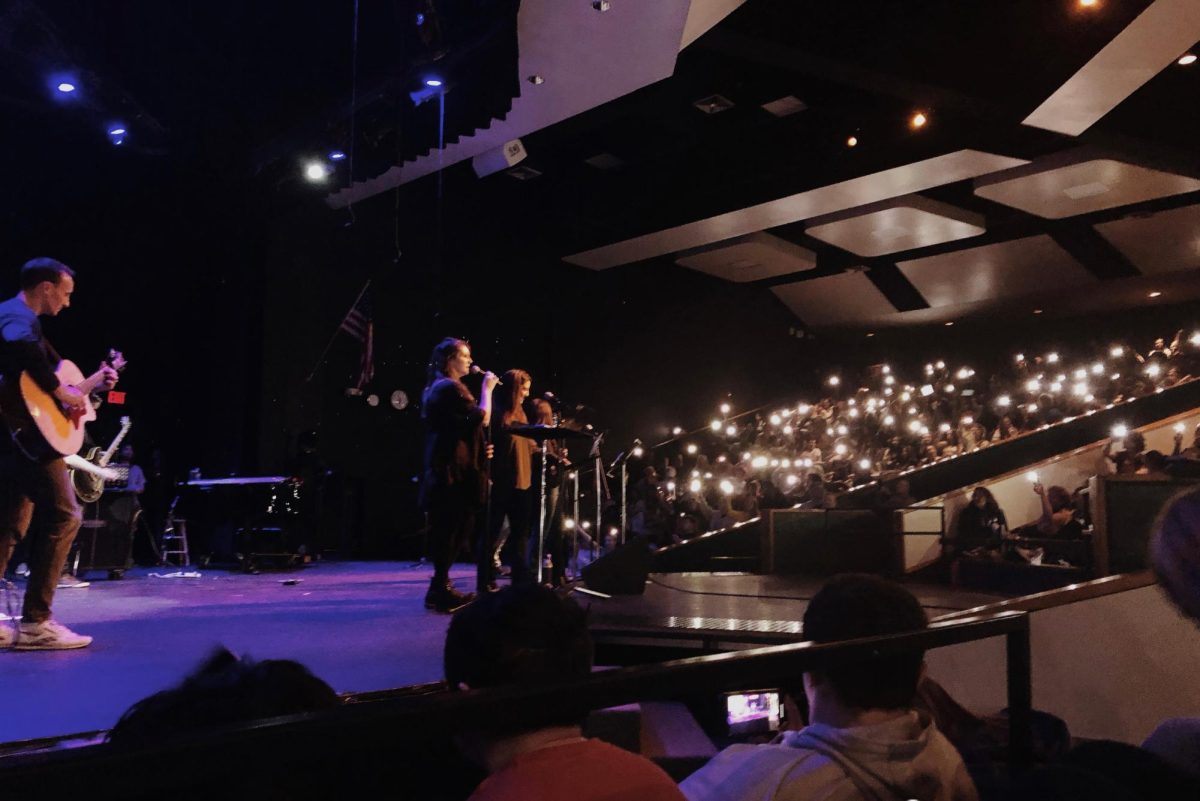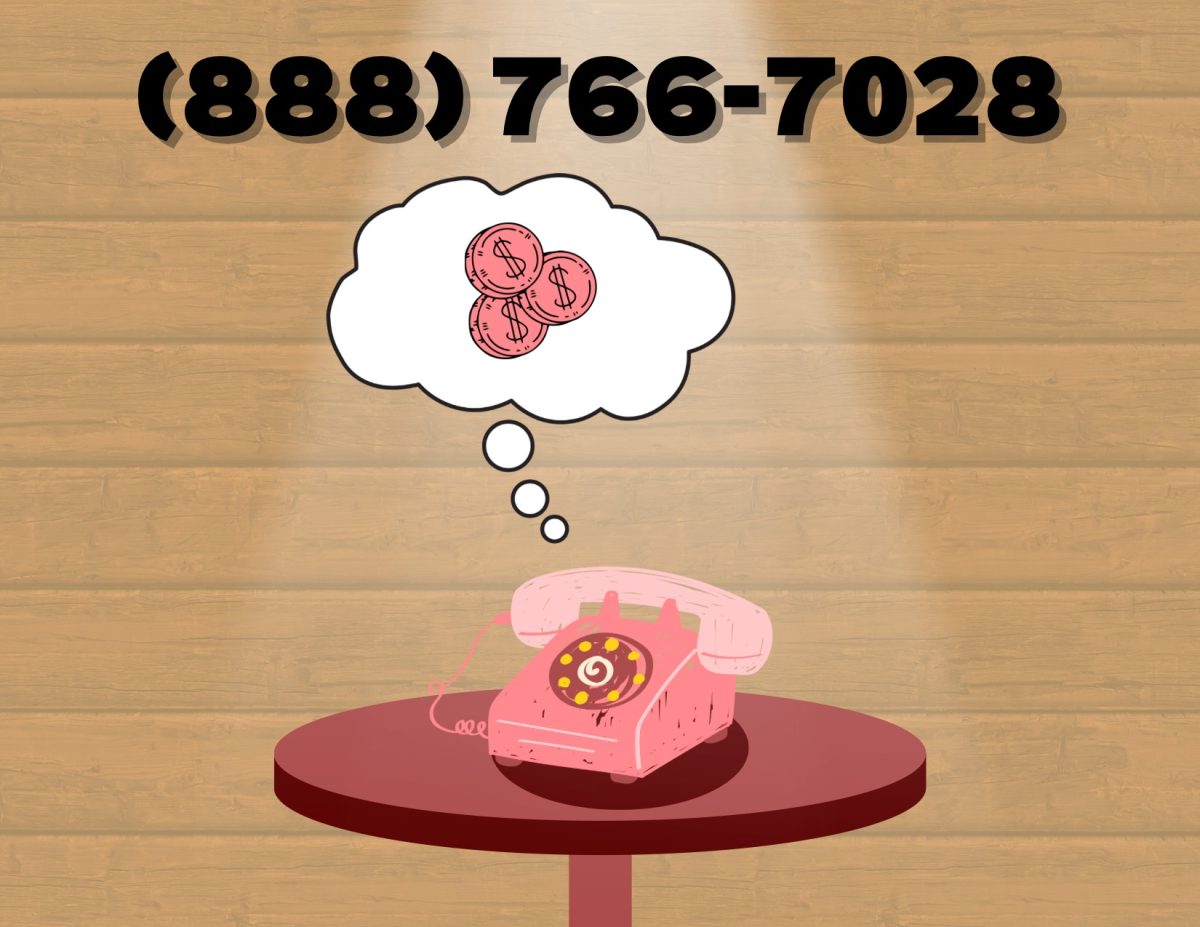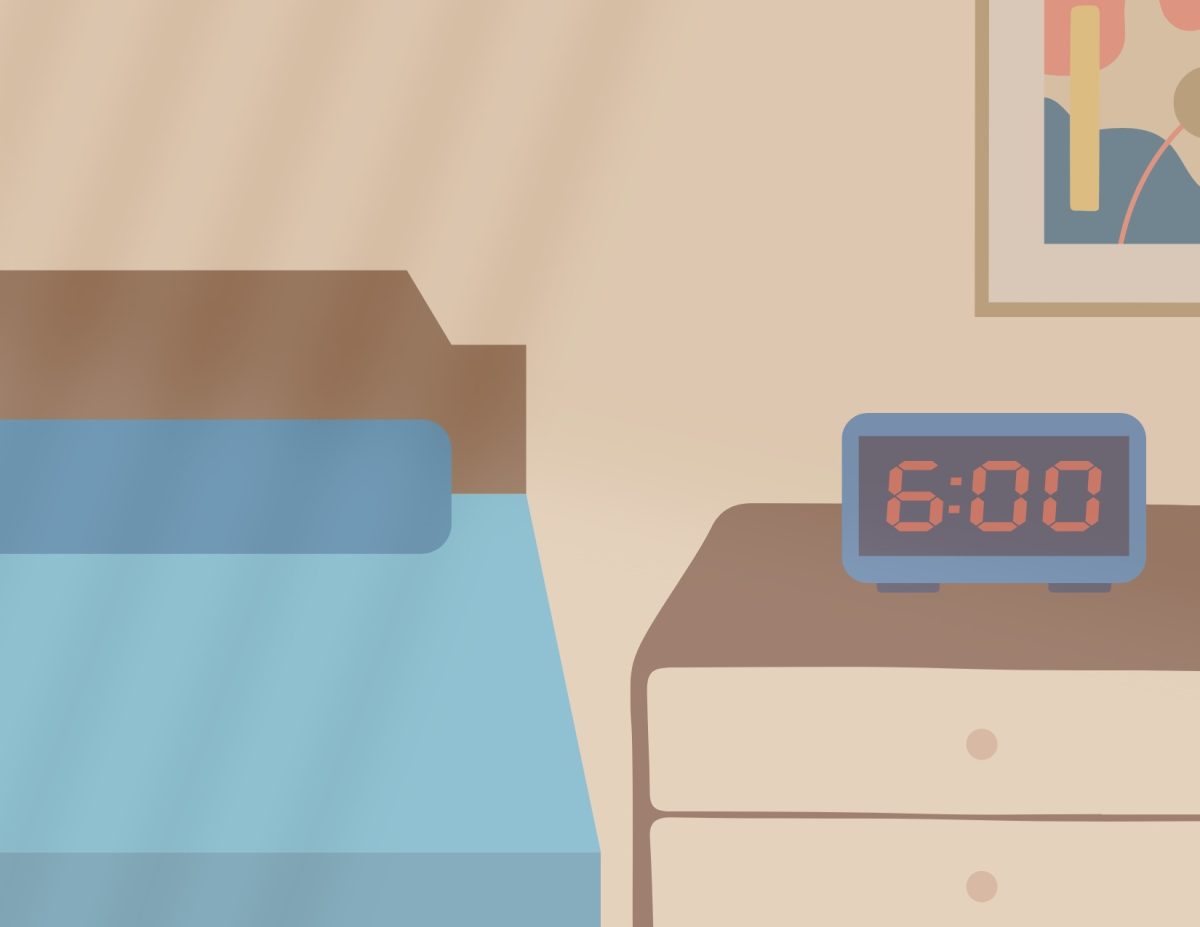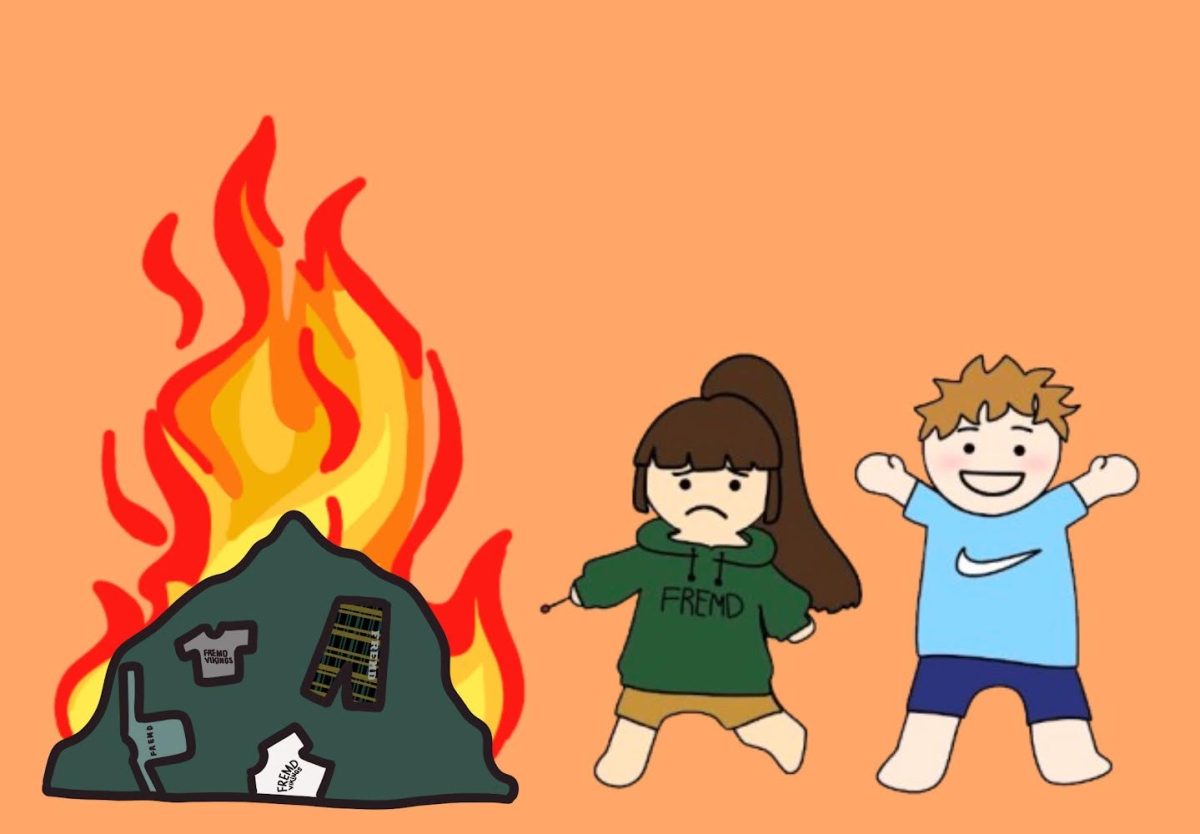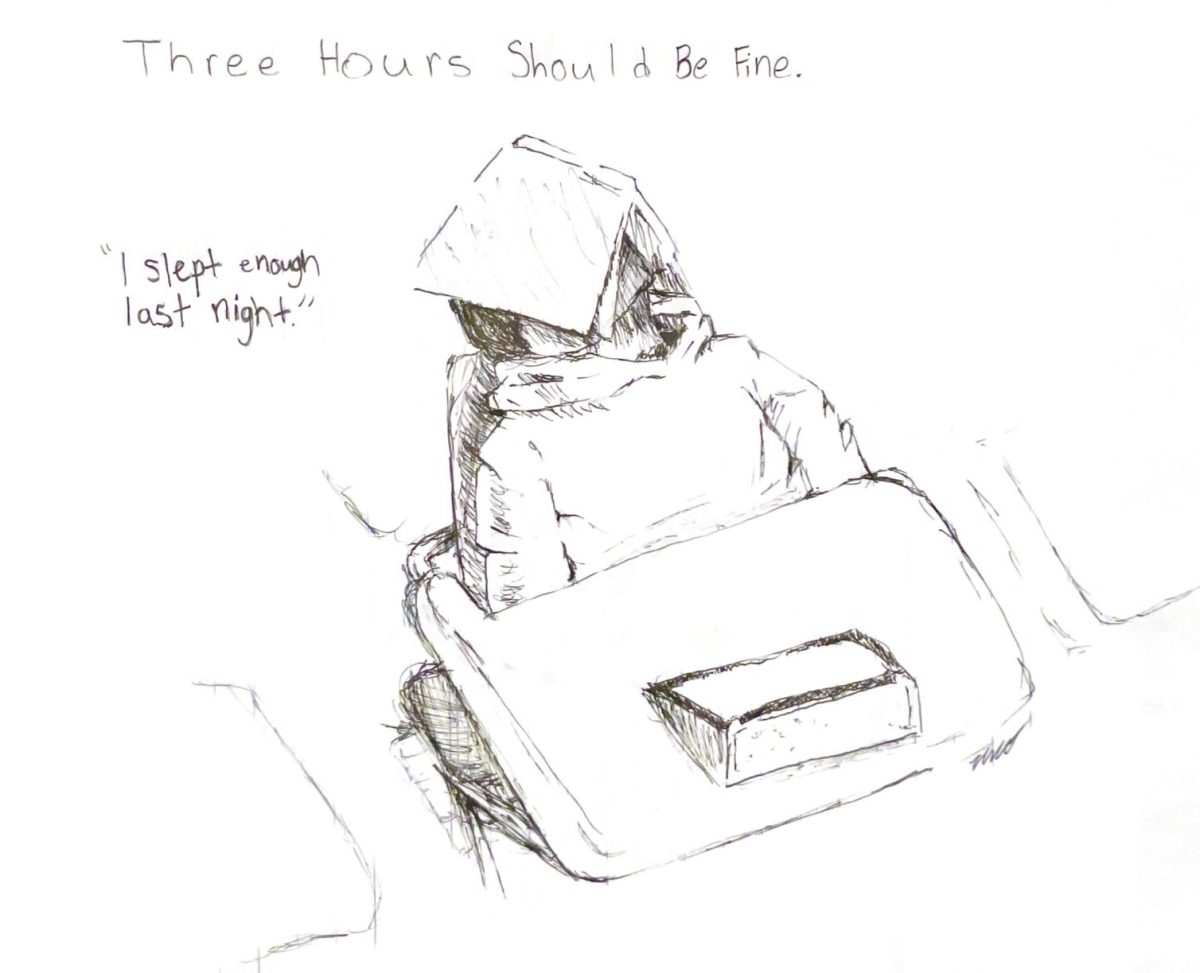You traverse through the packed auditorium, shuffling through seats and the piles of backpacks that block the aisles, ready to take a seat. Once you find your place, you think, “Finally, a free period to do nothing.” Is this you? What do you perceive Writers Week to be? Time to scroll? Time to doze off? Or is it time to learn about oneself?
I have seen many students ready to sit down, relax, and begin scrolling through social media, no matter how much teachers emphasize not to. It’s common for students to be critical of the assignments teachers assign during the days they attend Writers Week, and I have sometimes felt this way. However, are these assignments indeed a burden, or could they teach us things that we’ve always been searching for but never got an answer to? When pondering this, a statement from musician Nathan Graham as he discussed his ups and downs in music during the last five minutes of this year’s Writers Week stood out.
“Not everyone will like or understand what you do. You have to find your audience like how they find you,” he said. Little did I know that this statement would summarize the meaning of the week: to find oneself by mustering the courage needed for expression.
Many don’t realize how every minute they spend in the auditorium is another’s first baby steps in expressing something they’ve kept close to their heart. I finally understood this amid the various intricate yet bold topics that touched me in each presentation I saw–friendship, love, social and gender norms, and identity–making it my greatest experience at Writers Week. Even if it may not be your first time opening up, everyone starts from somewhere, and Writers Week is a fantastic opportunity for self-growth that many fail to take advantage of.
A common theme mentioned in most presentations at Writers Week is the impact it has made on them. From Nabeela Syed’s discussion of it leading her to her lifelong soulmate to alumni and current students returning to express the change they’ve undergone from such an experience, Writers Week has something in store for everyone. Whether you’re in the audience or on stage, there is always something to learn about from your peers and the thoughts that cross your mind as you absorb new perspectives on essential concepts.
However, presenters who accept the opportunity to go on stage too late almost always mention how much they regret not doing it sooner, urging audience members to take the risk. Therefore, you can learn only so much from simply listening to peers. Instead, you must take action. Taking action consists of applying the ideas one has been exposed to and expanding on them to learn more about oneself and how one can improve.
Many students lose the chance to present at Writers Week because they lack knowledge of how much it can help them overcome the diverse fears, struggles, and drawbacks they experience as youth. In fact, a study conducted by psychologist James Pennebaker in June 2019 revealed that talking or even writing about one’s problems has the profound potential to heal and reduce physical and emotional distress.
As I glanced over my completed Writers Week note sheet, I completely forgot it was meant to be a class assignment. The more my class attended the presentations, the more I noticed they taught us new things about ourselves and the world as we filled our sheets with ideas that resonated with us. Eventually, that sheet got lost in our folders without another glance.
In the end, maybe Writers Week assignments are not a burden but helpful. As the 2015 Fremd graduate Megan Spletzer stated, “Being fearless is not about not eliminating fear. It’s about having fears, yet standing planted in your tracks.” Only you can stop your obstacles from limiting you to take action. Take action to see a change in your perspective of the world. Take action to be who you dream to be. Take action to inspire.

